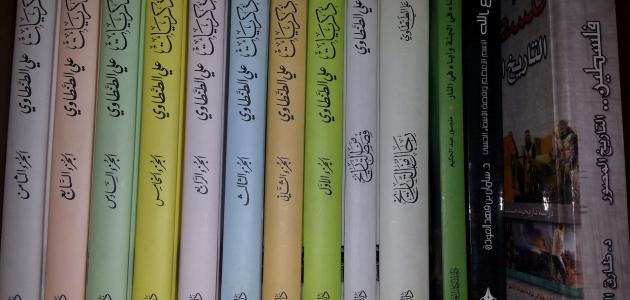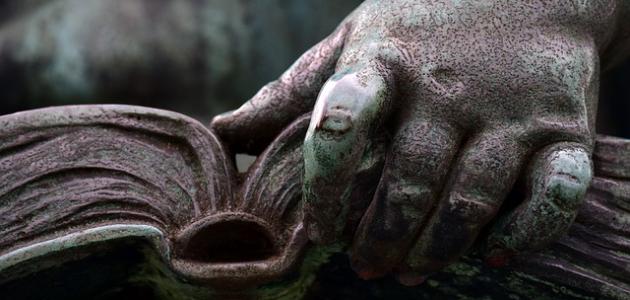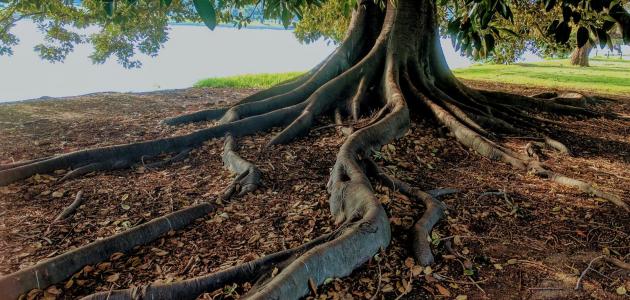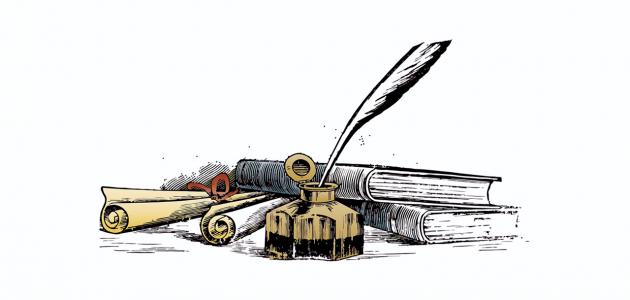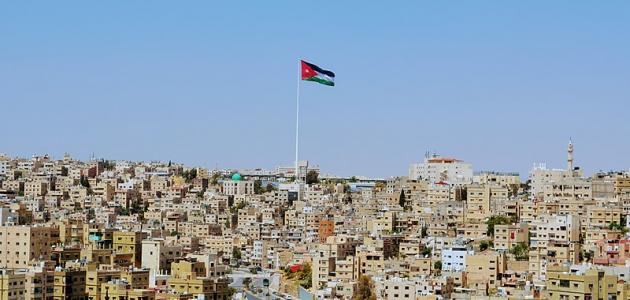A State of Siege by Mahmoud Darwish
A great Palestinian poet, born on March 13, 1941. He is known as the poet of the revolution and Palestine, and he is one of those who developed modern poetry.
He was born in Galilee, then he and his family immigrated to Lebanon. He was frequently arrested by the Israeli occupier because of his political activities. He moved to Russia and then Cairo. Mahmoud Darwish held many positions, including the presidency of the Writers and Journalists Association and he was editor of the Hermel newspaper.
He had many friendships with Arab poets such as Nizar Qabbani and the Iraqi poet Faleh Al-Hajiya.
Mahmoud Darwish passed away to God’s mercy in America after suffering from heart disease. A large funeral was held for him in which thousands of his people participated. After he passed away, he left behind us many creative poems.
Here is his most beautiful poem, Siege:
Here, on the slopes of the hills, in front of the sunset and the mouth of time, near the orchards with no shadows, we do what prisoners do, and what the unemployed do: we raise hope!
The land of the dawn. We have become less intelligent because we stare at the hour of victory: there is no night in our night sparkling with artillery. Our enemies stay up and our enemies turn on the light for us in the darkness of the cellars.
Here, after Job's poems, we did not wait for anyone
Read also:How to write a successful articleThis siege will extend until we teach our enemies examples of our pre-Islamic poetry
The sky is leaden in the morning and orange at night. As for the hearts, they remained neutral like the roses of the fence here, no, I am here, Adam remembers his clay...
On the verge of death, he says: I have no foothold left for loss: I am free, I am near my freedom. My tomorrow is in my hand. I will soon enter my life, be born free without parents, and choose letters from lapis lazuli for my name... In siege, life is the time between remembering its beginning. And forget the last one.
Here, in the heights of smoke, on the stairs of the house, there is no time for time. We do what those who ascend to God do: we forget the pain.
Read also:Water themeThe pain is: for the lady of the house not to hang up the clothesline in the morning, and to be content with cleaning this flag.
There is no Homeric echo of anything here. Legends knock on our doors when we need them. There is no Homeric echo of anything. Here is a general excavating a country asleep under the ruins of the coming Troy

